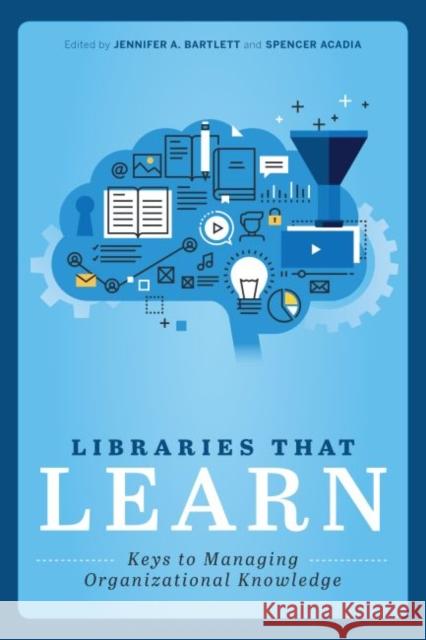Libraries That Learn: Keys to Managing Organizational Knowledge » książka
Libraries That Learn: Keys to Managing Organizational Knowledge
ISBN-13: 9780838918319 / Angielski / Miękka / 2019 / 184 str.
Sharing organizational knowledge supports onboarding, coaching, mentoring, and the day-to-day smooth functioning of the workplace. So why are the procedures, policies, and best practices for your organization often so hard to find? Although the term "knowledge management" might conjure up images of a bureaucratic labyrinth, essentially it means getting the right information to the right people at the right time. A lot of that information is embedded in work practices or may be siloed where it can't easily be shared; managing it successfully hinges on effective communication with every person on your team. This book surveys approaches to knowledge management (KM) that address hierarchical power structures and internal competition to get measurable results. With insights drawn from six case studies at academic and special libraries, in this book you'll find guidance on such topics as demystifying KM by reframing the concept to reflect organizational needs; the six elements of an actionable knowledge audit; how to harvest insights from staff at all levels of the organization; ten characteristics that define effective communities of practice; enabling KM through platforms like WordPress, Google Drive, and Dropbox or by adapting library tools like LibAnswers or ArchiveSpace; fostering knowledge sharing among liaison librarians; how interim administrators can develop a KM plan; sharing tacit knowledge with storytelling; and methods for securing knowledge before employee departure. Your library already contains organizational knowledge-both in your employees and in your institution; this book will lead you towards guiding, fostering, and organizing that knowledge for improved organizational fitness.











